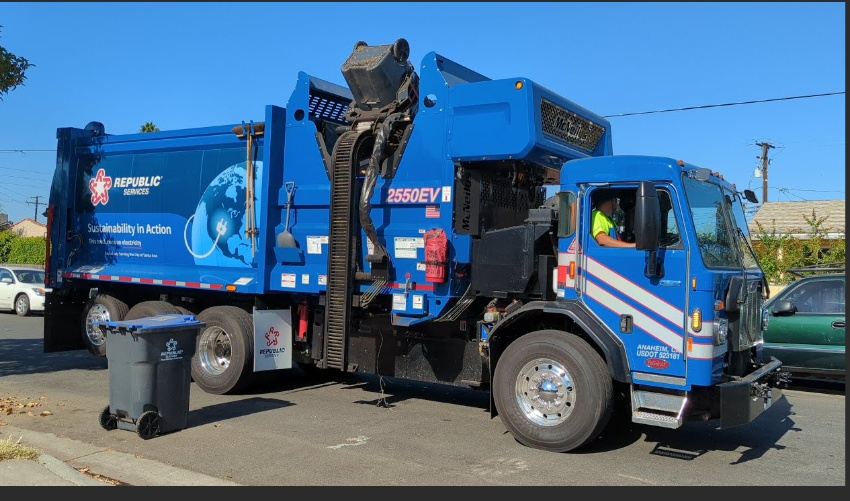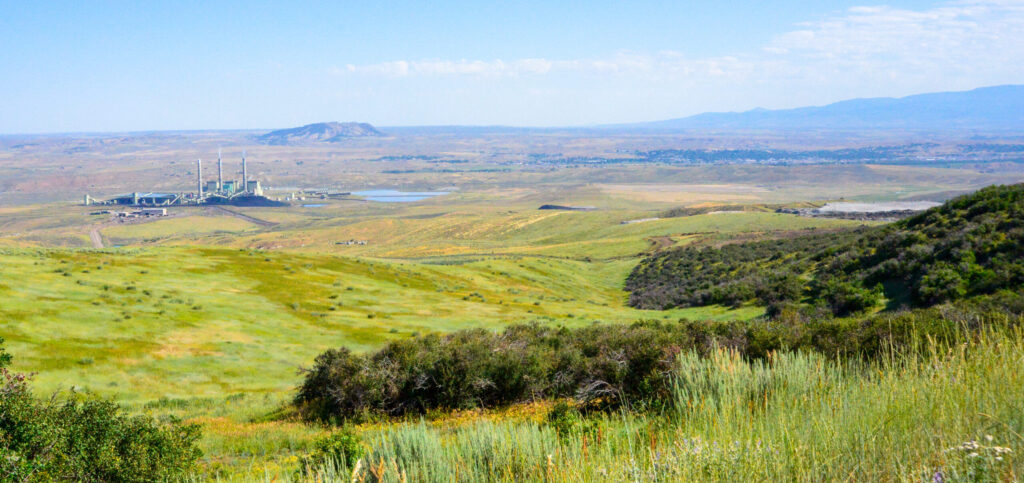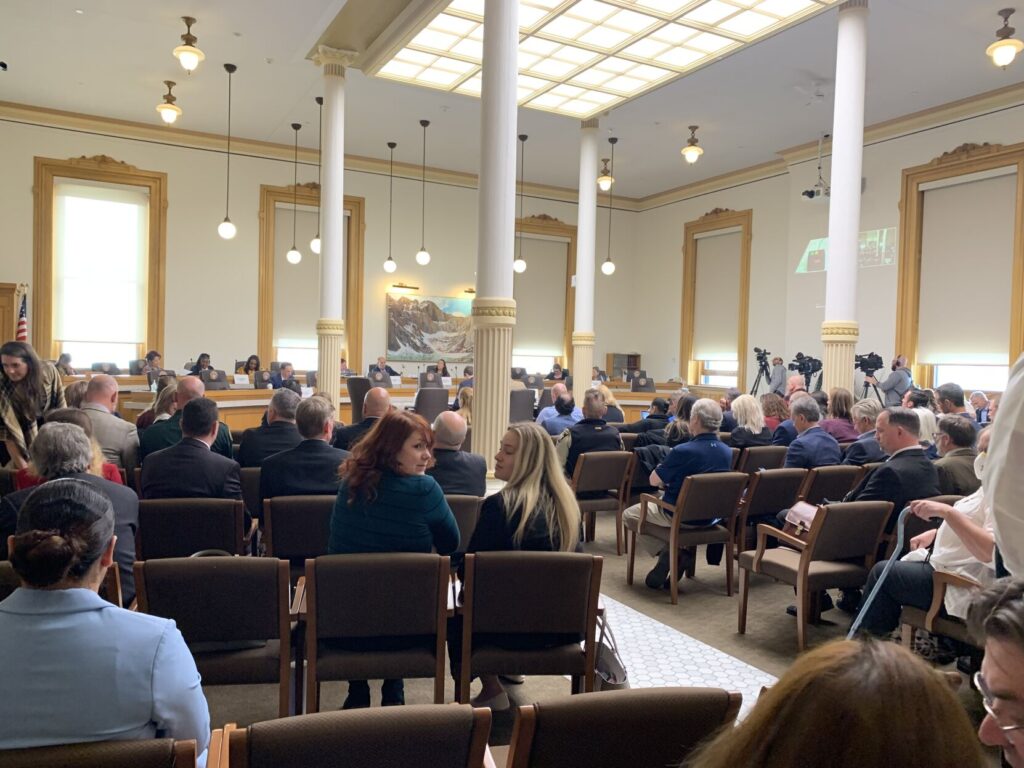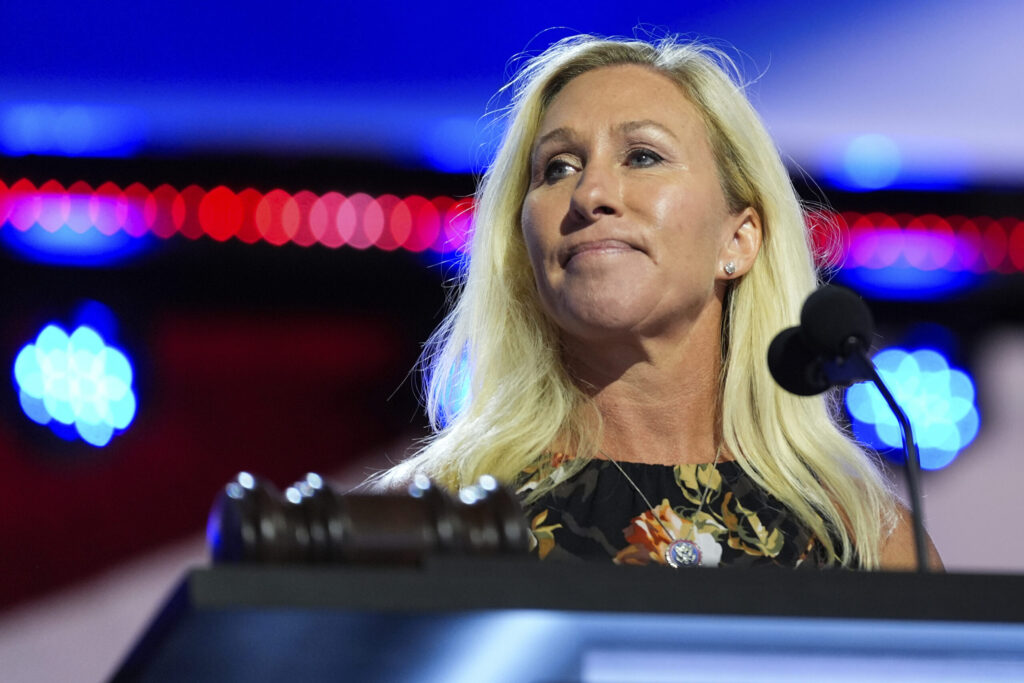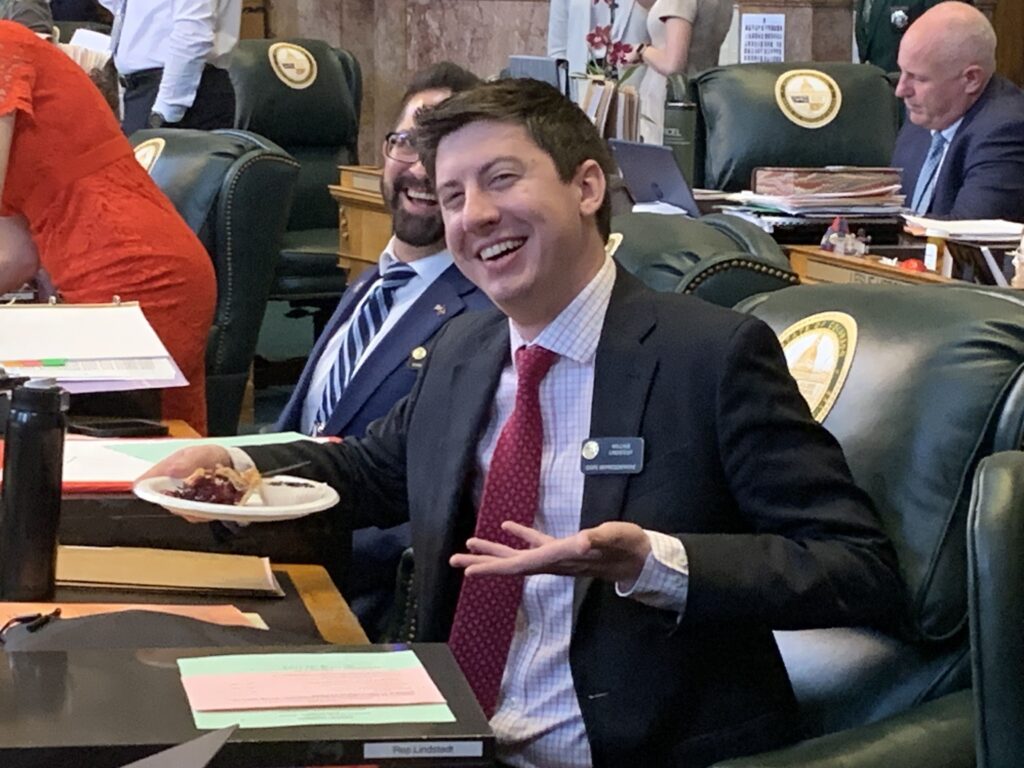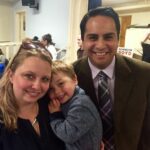Vigil hopeful, not holding breath, for more rural broadband

A photo of the San Luis Valley town of Fort Garland hangs on the wall in the office of Democratic state Rep. Ed Vigil’s third-floor office at the Capitol. He lives outside the town, population 443, in the southern Colorado region known for hosting a band of wild horses that run free along the Colorado-New Mexico border.Vigil has lived in the valley his entire life. He’s a small business owner and has been in politics since 2008, starting out as a Costilla County commissioner.
Vigil’s town faces the same issues that plague many rural parts of the state, issues Front Range Democratic lawmakers say they want to address during this year’s legislative session and that center on economic development. But Vigil has been around the block. He is term-limited this year and has been at the Capitol long enough to have heard many lawmakers vow to help lift up rural Colorado. He welcomes this years’s enthusiasm but he says the problems small towns face are often intertwined and difficult to single out and address effectively.
Reliable access to broadband internet would be a start, he told The Colorado Statesman, in an interview that’s part of a series the paper is conducting with rural lawmakers this legislative session.
Gov. John Hickenlooper in his State of the State speech last month highlighted the new saw mill going up in Costilla County. What does 100 jobs mean for your district?
I think the governor said that this was equivalent to 60,000 jobs in the Denver Metro area. These numbers can skew things sometimes — lose one job and it’s a lot. So there’s a huge economic advantage here, especially in Costilla County.
And in this particular case, the advantages that will come have to do with more than just jobs, right?
Yes, it’s really creating healthier forests. There’s a lot of beetle kill (forest) around that area, so it’ll thin out that a little bit and remove those (fire) fuels. It’s very selective cutting.
What’s the big challenge you see for economic development, and job creation in general, in rural Colorado?
One is utilities. Lack of broadband in a lot of areas, including in schools. Broadband is, a lot of times, very inconsistent because of just the way it’s managed or not managed. The other thing is roads, transportation. Those are some big disadvantages. Of course, water, too.
Are these issues that businesses look at and don’t want to move into or there’s just not enough money to support the solutions?
There are several challenges — what the workforce looks like and what the developers or the people who are coming in want. They look at whether they can train these people. We have Adam State University and Trinidad Junior College — we have the facilities, but we probably don’t have the programs some employers are looking for.
The other thing is (a lack of) amenities. People want to move to places where there are amenities.
Some lawmakers have said the divide in the legislature between is more apparent between urban and rural lawmakers than between Democratic and Republican lawmakers. What do you make of that?
Here’s my take: I served last year as vice chair of the Water Review Committee and, when it comes down to some issues like water, then it is more of an issue thing than it is a partisan thing. So that’s true in a lot of ways. But in a lot of ways, a lot of ideology goes into that. In the end it’s a real mix. I can say that water is one definite issue that is not partisan.
When the Democrats at the Capitol talk about pushing to address rural challenges — and it’s a lot of legislators from the Denver Metro area — to what extent were you involved in conversations about how the party plans to bridge the rural-urban gap they often reference?
I was only involved in the Costilla County conversation, but I think we always try to have that conversation of how to bridge that gap. A lot of times it comes down to broadband. That’s the beginning, you know? We got to get there.
There was a lot talk prior to session about expanding access to broadband. It seemed like there would be a bill on the topic right out of the gate. It still hasn’t arrived. Should we expect something soon?
I think every year somebody has tried to do something with that. It’s kind of a tricky situation because kids don’t want to stay in rural Colorado. They go (away) to university. There are no jobs (for them). It’s an agricultural community. They’ve been leaving since the 1950s.
Will rural broadband happen this session? Should we expect progress?
I think it’s the same kind of thing that’s been happening… There’s been an effort out there.


